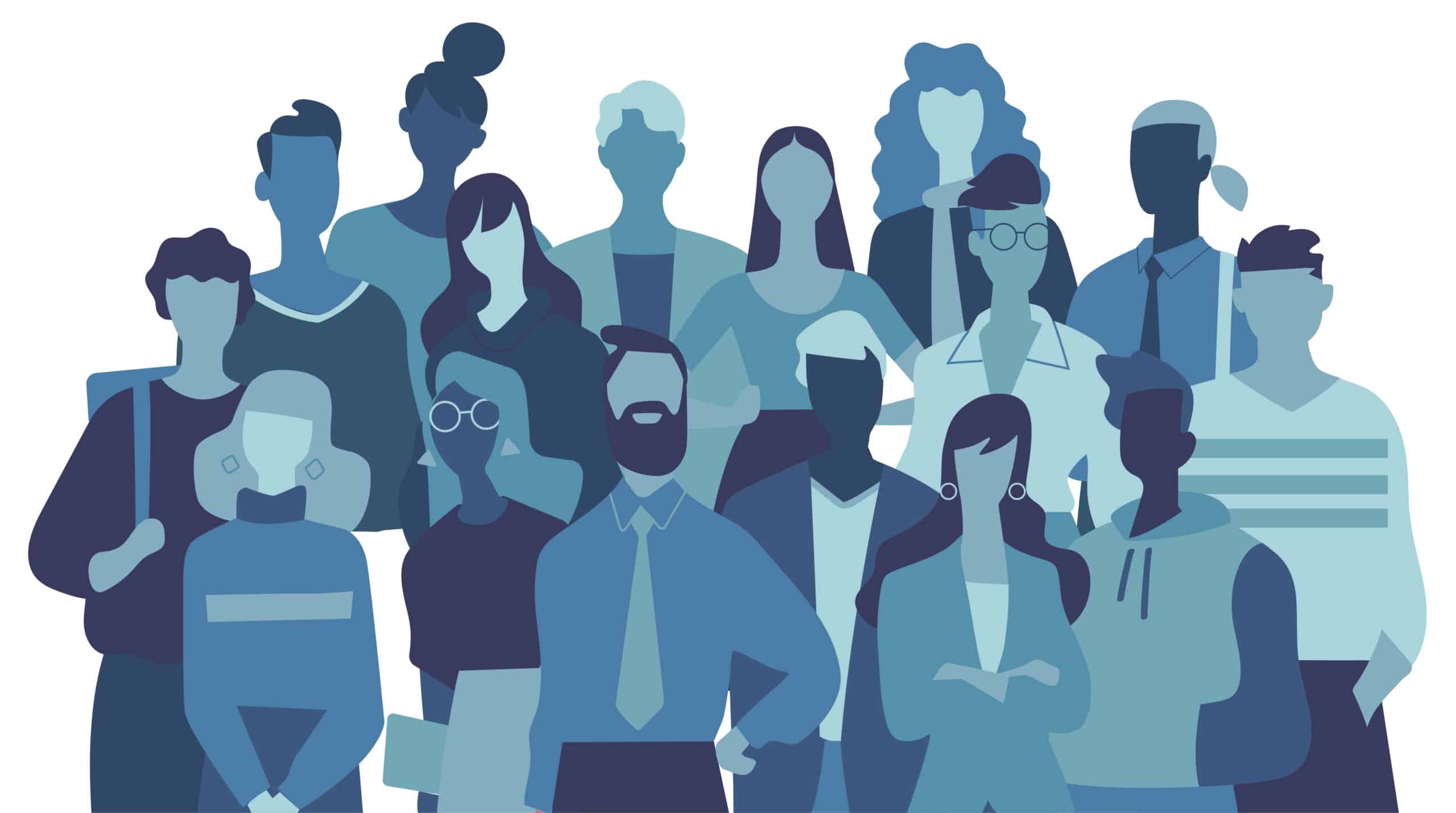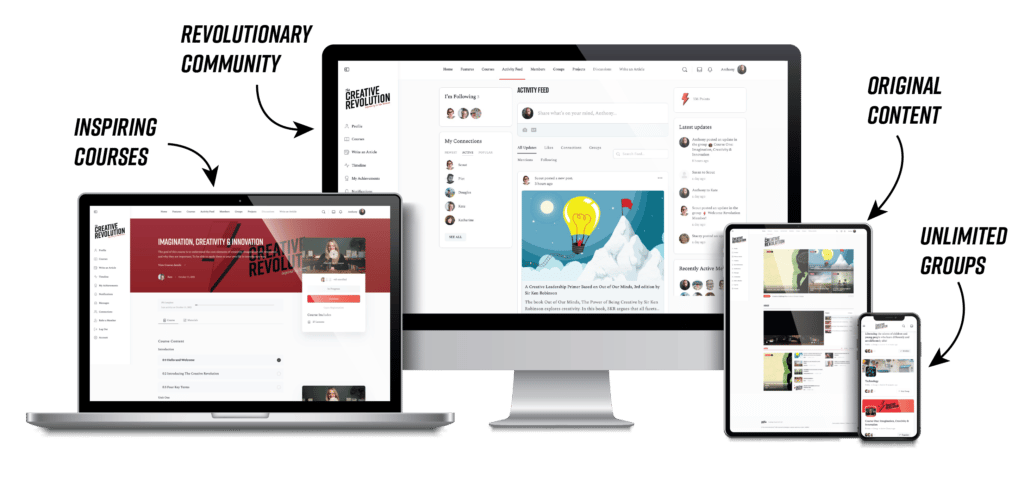The current definition of Entrepreneurship links the activity of setting up a business with the purpose to create value and therefore profit. In 2023, this definition seems stale and outdated. It belongs to a time of working 9-5 in an office, before flexible working became mainstream, before hybrid careers were a thing, before AI grew into the viable threat to various roles in the workplace. Gen Z are rejecting the style of working that Millennials, Gen Xers and Boomers created before them. They are prioritising self-actualisation in their careers before job security. They are not wrong – the notion of job security seems laughable at a time when AI risks taking over every aspect of life. What place does this type of Entrepreneurship have in contemporary society?
There is a growing urgency to adapt the definition of Entrepreneurship to meet the needs of young people today. To move it away from this elite, money-driven thinking many people view Entrepreneurship as being. In addition, this view contributes to the notion that entrepreneurs come from wealthy backgrounds through the perception they are more financially secure to manage risk. Those from lower socio-economic backgrounds feel entrepreneurship is not for them as they understandably prioritise job security over the risk and uncertainty that comes as part of the entrepreneurial journey. Where is the inclusivity and diversity in this model?
Based on the experience I had when teaching “Think Like a Rebel” in Pupil Referral Units, the opportunity to learn and practise the entrepreneurial mindset was very compelling to these young people. Each centre reported they had never seen their students so engaged and able to stay focused for such a long period of time. These are students who have had a negative experience of education. They have special needs, behaviour issues, mental health problems or family circumstances that make sitting down thinking for five hours a day an impossible task. As a result, they are not able to show success in a context that values academic knowledge. These are our most disenfranchised learners in the system. Regrettably the statistics are against them. They are the most unlikely to achieve 4+ at GCSE in English and Maths, the most likely to end up a NEET statistic (Not in Education, Employment or Training).
They found the content on the Think Like a Rebel course fresh and relevant. It is a course that weaves together a variety of business topics including niche, sales and marketing and authentic content creation along with activities to develop the learner’s soft skills. During our sessions, learners displayed professional skills, namely strategy, communication, persuasion, and creative thinking, in ways that surprised the adults that worked with them on a daily basis. The goal of Think Like a Rebel is to develop the learners so they have business knowledge, professional skills and an entrepreneurial mindset.
This is the “entrepreneurship” that young people need to learn. They know they need it.
I view the subject of Entrepreneurship as the holistic development of the person as an active, agile learner as they pursue their vision. Of course that can be in the context of developing a business idea. But it can also be in the development of a career path, starting a campaign, a project to address the needs of the local community. The activity is irrelevant; what is important is the creation, and the pursuit, of an opportunity using the resources available. The focus is on the process, not the outcome. At its essence, learning to be an entrepreneur is to learn how to imagine, to create, and to bring those ideas into reality.
Entrepreneurs need to be agile in how they learn and respond as their opportunity develops. Creativity is their superpower. Their passion drives them, their curiosity keeps them grounded. Authenticity is how they operate in the world, from a position of real self awareness, self belief, secure with knowledge their life experience, talents and skills provide value to others. They understand that they are the niche.
Entrepreneurs are driven by an ambition to improve the lives of others. They recognise their ideas and innovation have the potential to make the world a better place. They relish the autonomy they have in pursuing their dreams. These people not only follow their own path, they create opportunities for employment to others, they find solutions for their local communities, all while boosting their local economy. They have agency in how they live their lives, demonstrating self empowerment for the greater good. This is why modern day entrepreneurship is so inclusive: teach those people who have slipped through the cracks of our education system, our care system, our welfare system, our most disenfranchised people in society this type of entrepreneurship, and we teach them how to have agency in their own destiny.
We need to abandon the old thinking of entrepreneurship as being the pursuit of wealth, creating an army of Alan Sugars, Richard Bransons and Elon Musks. We need to recognise the success of the entrepreneurs on the market stalls, the sole traders, freelancers and small business owners. Entrepreneurship should be a normalised, desired part of a young person’s education to help them navigate risk and uncertainty in their lives and careers. This is what entrepreneurship looks like in 2023.




